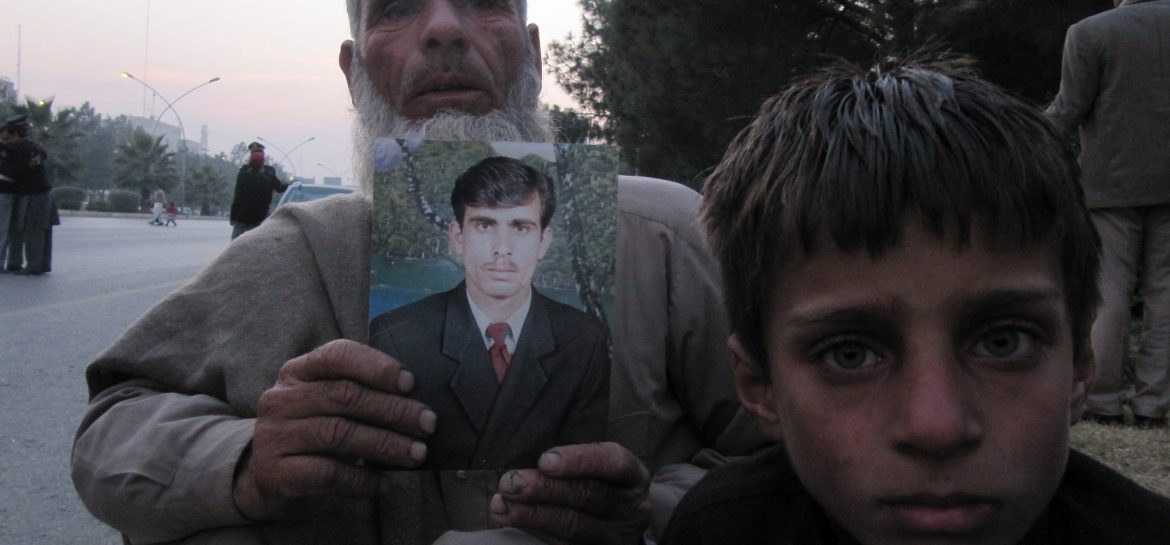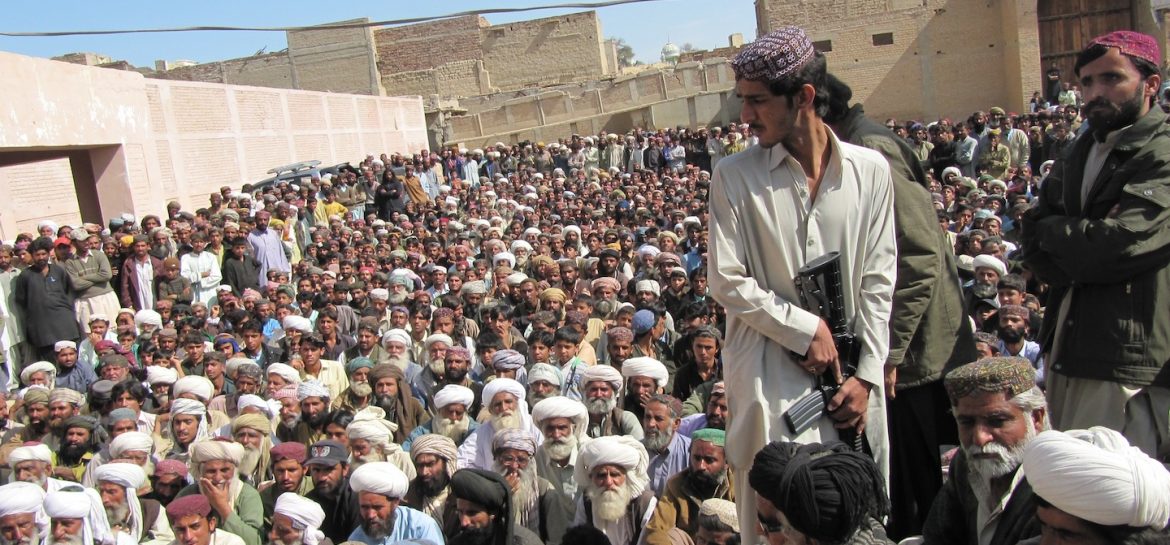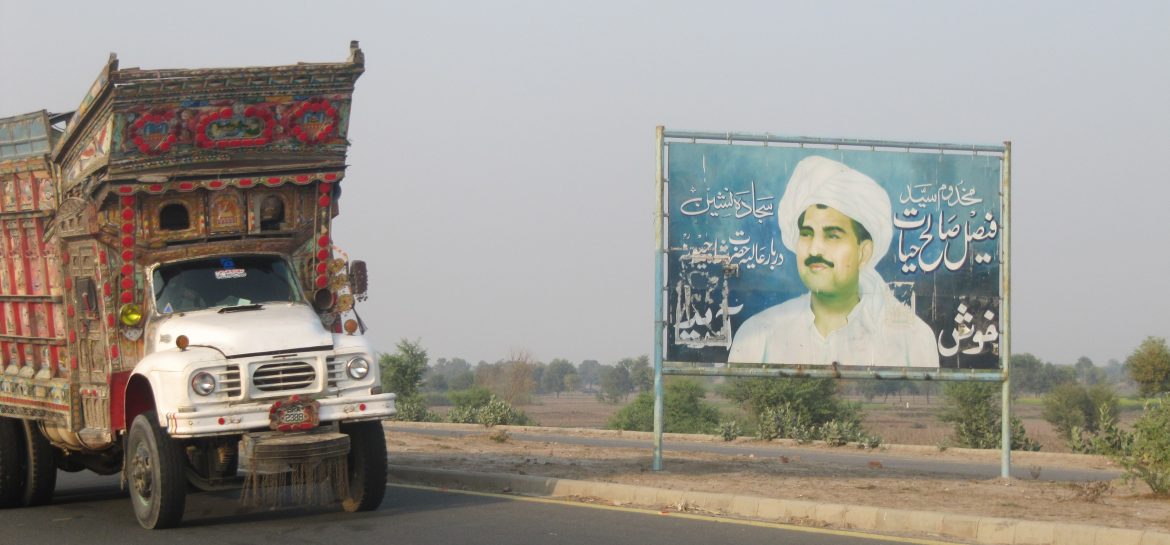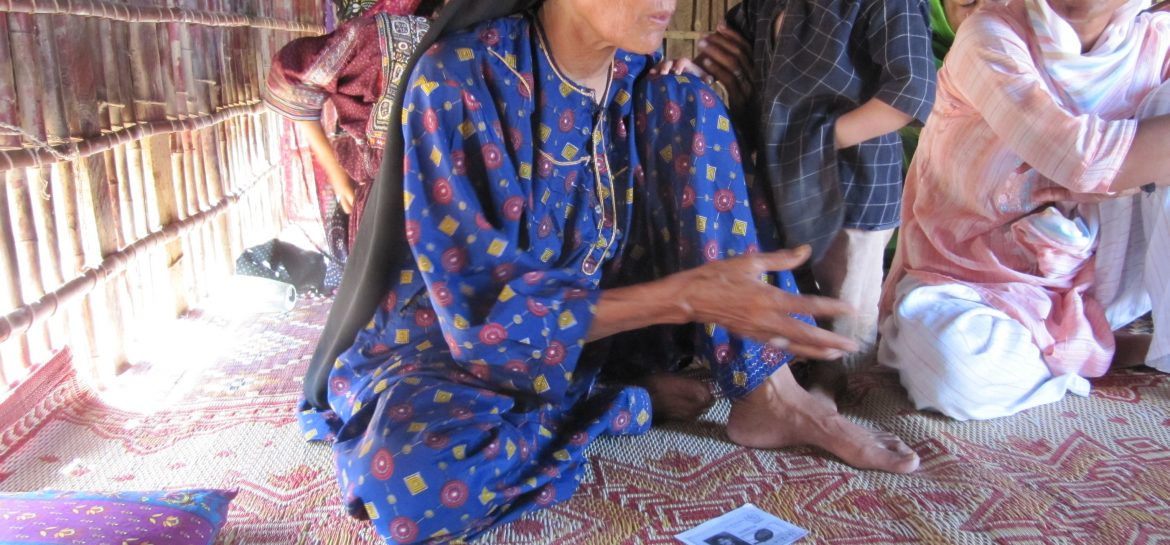For Tanqeed.org: The night Chief Justice Iftikhar Muhammad Chaudhry was set to retire on December 11th 2013, I visited a sit-in being organized by relatives of missing persons in the capitol. The families of hundreds of men thought to be in the custody of Pakistan’s security agencies sat at the end of Jinnah Avenue, huddled together to keep warm. A few hundred yards and two layers of shipping containers separated them from the Parliament building. An eternity seemed to separate them from the lawmakers inside…Continue Reading “The Man Who Could, a Profile of Chief Justice Muhammad Iftikhar Chaudhry”
For the Christian Science Monitor: Kareem Khan’s son and brother died in a US drone strike. His lawsuit has made waves in Pakistan and overseas, and he was recently detained for nine days. On Dec. 31, 2009, Kareem Khan, a journalist in Islamabad, got a call from a cousin in his hometown in Pakistan’s tribal belt. He was told to come quickly. He reached his village a few hours later to find locals gathered around the rubble of his house, the target of an American…Continue Reading “Why a Pakistani reporter is suing the CIA for murder”
For Al Jazeera English: A new generation of Balochi nationalists has emerged, eight years after the death of the movement’s leader. Dera Bugti, Pakistan – Nearly eight years after Balochi leader Nawab Akbar Bugti was killed in fighting with the Pakistani military, a new generation of Balochi nationalists is emerging in his place in Pakistan’s restive western province. Two of Bugti’s grandsons have led the return of thousands of tribesmen from a decade-long exile, while a third heads a separatist armed group that carries out…Continue Reading “The return of Pakistan’s Baloch tribesmen”
For The Revealer: The scene that greets the devotee upon entering the final resting place of Shah Jewna leaves little doubt as to what is expected of them in the world outside. The shrine—an expansive complex of marble buildings that is expanded every year—rises out of a landscape of dusty fields of cotton and fruit orchards pockmarked by brick kilns and dilapidated shops, the most important landmark for miles around. A dirt road leads to the shrine, some 125 miles west of the city of…Continue Reading “Diminishing Returns: Sufi Shrines in Pakistan’s Politics”
For the Christian Science Monitor: Pakistan’s top body of Islamic scholars is pushing for a crackdown on hate speech in an effort to curb intra-faith violence in the world’s second-largest Muslim country. Last month, 32 groups representing the major Islamic sects in Pakistan signed on to a code of conduct that prohibits hate speech against other sects, restricts the use of mosque loudspeakers, and bans incendiary literature and graffiti. The religious leaders are trying to combat a steady rise in sectarian disputes. In 2012, at…Continue Reading “Islamic scholars in Pakistan push for hate speech ban”
For the Wall Street Journal: Hundreds of men crowded the plaza in front of the Mosque of Martyr’s in Islamabad, Pakistan earlier this month after Friday prayers, lining up to pay their respects to an opposition politician executed in Bangladesh for committing war crimes during that country’s 1971 struggle for independence. Abdul Quader Molla, the Jamaat-e-Islami leader, had a strong support base in Pakistan, the country whose eastern flank was cut off during the war to create Bangladesh. “His only crime was to try and…Continue Reading “In Pakistan, Blame and Regret Over Bangladesh”
For The Wall Street Journal: Nawaz Ali Muhammad, a fisherman from the small village of Shah Bunder in southern Pakistan, went missing during a cyclone over the Arabian Sea in 1999. His wife believed he was killed in the storm. But six years later, she heard he was alive, in an Indian prison. A fellow Pakistani fisherman had been released from the prison, and upon returning to Pakistan said he had met Mr. Muhammad. It took another year for the Indian government to acknowledge that Mr….Continue Reading “The Lost Fishermen of India and Pakistan”
For The Atlantic: A report claims Pakistan’s security agency overlooked clear evidence that the terrorist was hiding in plain sight. The American raid that killed Osama bin Laden was a huge embarrassment for Pakistan’s military and intelligence services. They had failed to report that bin Laden — the world’s most wanted man — was living one kilometer away from the country’s top military academy. And there was astonishment among Pakistanis that a complex foreign operation could take place so deep inside Pakistani territory without a…Continue Reading “Why It Matters That Osama Bin Laden Was Once Pulled Over for Speeding”
For Foreign Policy: In a wide-ranging counter-terrorism speech in May, President Barack Obama indicated that he would be scaling back the war that the United States has engaged in since 9/11. And he said the targeted killing program that has become a major component of this war is aimed at “al Qaeda and its associated forces,” and “specific networks of violent extremists that threaten America,” using a legal standard put forth in the 2001 Authorization to Use Military Force to justify the strikes. The President…Continue Reading “Mission creep? The scope of Obama’s drone war”
For the Christian Science Monitor: Despite the Pakistani Taliban’s recent deadly attack on 10 foreign climbers, many Pakistanis still want to hold talks with the group to end a decade long conflict that has killed more than 50,000 people, mostly civilians. Pakistan has a broad consensus in favor of talking to the Taliban. A May 2013 Pew survey found only 35 percent support using the military against the Taliban, and 64 percent saw the US as more of an enemy than a partner. Anecdotal evidence…Continue Reading “Pakistan wants to talk to its Taliban, but doesn’t know what to say”



